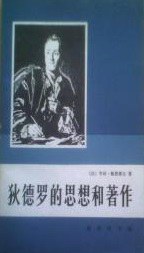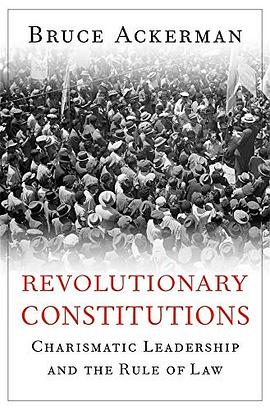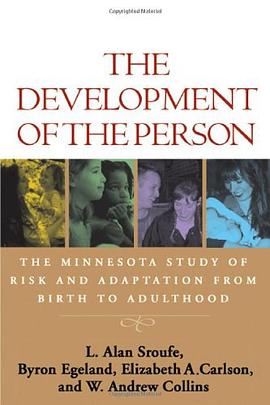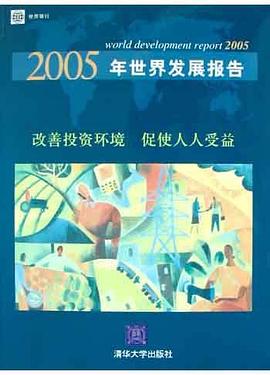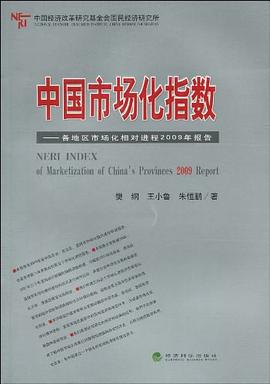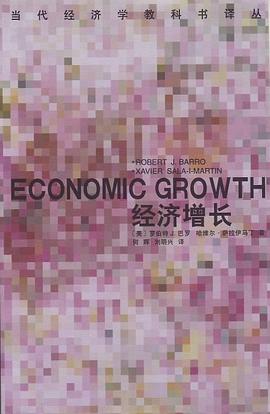

具体描述
Those who seek to accurately gauge public opinion must first ask themselves: Why are certain opinions highly volatile while others are relatively fixed? Why are some surveys affected by question wording or communicative medium (e.g., telephone) while others seem immune? In Hard Choices, Easy Answers, R. Michael Alvarez and John Brehm develop a new theory of response variability that, by reconciling the strengths and weaknesses of the standard approaches, will help pollsters and scholars alike better resolve such perennial problems. Working within the context of U.S. public opinion, they contend that the answers Americans give rest on a variegated structure of political predispositions--diverse but widely shared values, beliefs, expectations, and evaluations.
Alvarez and Brehm argue that respondents deploy what they know about politics (often little) to think in terms of what they value and believe. Working with sophisticated statistical models, they offer a unique analysis of not just what a respondent is likely to choose, but also how variable those choices would be under differing circumstances. American public opinion can be characterized in one of three forms of variability, conclude the authors: ambivalence, equivocation, and uncertainty. Respondents are sometimes ambivalent, as in attitudes toward abortion or euthanasia. They are often equivocal, as in views about the scope of government. But most
作者简介
目录信息
List of Tables xi
Acknowledgments xiii
Chapter 1: A Fickle Public? 1
PART 1 :THEORY AND METHODS 13
Chapter 2: Predispositions 15
Chapter 3: Why Does Political Information Matter? 27
Chapter 4: Ambivalence, Uncertainty, and Equivocation 52
PART 2: MASS PUBLIC OPINION 65
Chapter 5: Ambivalent Attitudes: Abortion and Euthanasia 67
Chapter 6: Uncertainty and Racial Attitudes 100
Chapter 7: Equivocation 125
PART 3 : MASSES AND ELITES 149
Chapter 8: Mass Opinion and Representation 151
Chapter 9: Do Elites Experience Ambivalence Where Masses Do Not? 194
Chapter 10: Politics, Psychology, and the Survey Response 216
Notes 225
References 233
Index 243
· · · · · · (收起)
读后感
评分
评分
评分
评分
用户评价
这本小说简直是一场思想的过山车,作者的笔触如同经验丰富的舵手,精准地把握住了人性的复杂和灰色地带。我尤其欣赏它对主角内心挣扎的细腻刻画,那种在道德困境中反复拉扯的感觉,读起来让人感同身受,仿佛自己也站在了那个十字路口。情节的推进并非一蹴而就,而是层层剥茧,每一次转折都带着一种宿命般的必然性,让人忍不住想一口气读完,探究最终的结局。书中对社会现象的观察也极其敏锐,它并没有简单地将世界划分为黑白,而是展示了在特定压力下,即便是最正直的人也可能做出违背初衷的选择。阅读过程中,我时常会停下来,陷入沉思,思考如果是我,又该如何抉择。这种强烈的代入感和思考的深度,是许多同类作品所缺乏的。它不仅仅是一个故事,更像是一面镜子,映照出我们每个人内心深处那些不愿面对的脆弱与矛盾。叙事节奏的把握堪称一绝,时而紧凑得令人窒息,时而又放慢下来,让情感充分发酵,这种张弛有度的节奏感,极大地增强了阅读的沉浸体验。
评分我得说,这本书的结构设计精妙绝伦,它采用了一种非线性的叙事手法,将过去的回忆与当下的危机交织在一起,为我们描绘了一幅立体而饱满的人物群像。初读时可能会略感有些跳跃,但随着阅读的深入,你会发现那些看似零散的片段是如何巧妙地拼凑成一幅宏大的图景。作者对环境的渲染能力令人叹为观止,无论是阴郁的都市背景,还是那些充满象征意义的室内场景,都烘托出了故事那种挥之不去的压抑感和悬疑氛围。特别是几处高潮部分的场景描写,那种细节的丰富性和感官的冲击力,简直让人身临其境,仿佛能闻到空气中弥漫的味道,听到微弱的呼吸声。而且,书中那些配角的塑造也丝毫不逊色于主角,每一个都有其独特的动机和复杂性,他们的存在并非只是为了推动主线,而是构成了这个世界观不可或缺的组成部分,让整个故事的真实感骤然提升。这种多维度的叙事策略,极大地拓宽了故事的广度,让读者在跟随主角命运的同时,也能窥见这个世界运转的复杂规则。
评分我发现,这本书最厉害的地方在于它对“权力”和“代价”的探讨,它没有停留在表面,而是深入挖掘了在体制和个人欲望的夹缝中,个体如何被异化,又如何在挣扎中试图保有自我。书中的每一次决策,都不是简单的对错问题,而是一场关于自我身份认同的角力。那些看似微不足道的妥协,最终汇聚成了改变人生的洪流,这一点,作者描绘得极其深刻且富有层次感。通过几个关键人物的命运线索,作者巧妙地展示了“赢了”与“输了”之间的模糊界限——有时,获得一切可能意味着失去了最宝贵的东西。这本书的后劲非常大,读完合上封面后,那种回味无穷的感觉持续了很久。我一直在琢磨,书中那些看似无解的僵局,在现实生活中是否也以另一种形式存在?它成功地将一个高度悬疑的故事包裹成了一个关于存在主义困境的寓言,这使得它的价值远远超越了一般的娱乐读物,更像是一份值得反复研读的社会人类学观察报告。
评分从叙事节奏和情感张力来看,这本书无疑是近年来最令人印象深刻的作品之一。作者对于紧张气氛的营造,达到了炉火纯青的地步,那些关键时刻的内心独白,简短有力,充满了未说出口的重量感,让人屏息凝神。而且,它对人物动机的挖掘,做到了既有普遍性,又充满个体独特性。你不能用简单的“好人”或“坏人”来标签化他们,每个人都有其行为逻辑和不得已的苦衷,这使得整个故事充满了悲剧性的张力。我尤其欣赏作者在处理冲突时的克制,很多时候,最激烈的冲突并非通过肢体语言展现,而是通过角色之间微妙的眼神交流、停顿和未竟的言语来完成,这种“留白”的处理,反而给了读者极大的想象空间去填补那些暗流涌动的情绪。总而言之,这是一部结构严谨、情感饱满、思想深刻的作品,它挑战了读者的既有认知,并以一种令人信服的方式,展现了人性在极限压力下的复杂性和韧性。读完后,只剩下一个念头:生活中的许多“简单答案”,其实是建立在无数个“艰难抉择”之上的。
评分这本书的文字风格我非常喜欢,它有一种冷峻而精准的美感,用词考究,句子结构多变,读起来丝毫没有重复堆砌的匠气。它不像某些畅销小说那样追求华丽的辞藻堆砌,而是选择最恰当、最有力量的词汇来表达深层的情感和复杂的哲学思辨。尤其是一些哲理性极强的对白,常常一针见血,直击问题的核心,仿佛是经过千锤百炼的箴言,让人忍不住想要抄录下来反复品味。更难得的是,作者在保持这种高水准文学性的同时,并没有牺牲故事的可读性。情节依然扣人心弦,悬念设置得恰到好处,让人一直保持着探究的欲望。这简直是艺术性与商业性完美平衡的一个典范。很多时候,一本好书的价值就在于它能否在精神层面触动你,而这本书无疑做到了,它提供了一种看待既有事物的新视角,拓宽了我对“选择的代价”这一概念的理解,让我意识到很多所谓的“简单答案”背后,隐藏着多么沉重的历史和个人牺牲。
评分其实还是挺清楚的
评分其实还是挺清楚的
评分其实还是挺清楚的
评分其实还是挺清楚的
评分其实还是挺清楚的
相关图书
本站所有内容均为互联网搜索引擎提供的公开搜索信息,本站不存储任何数据与内容,任何内容与数据均与本站无关,如有需要请联系相关搜索引擎包括但不限于百度,google,bing,sogou 等
© 2026 book.wenda123.org All Rights Reserved. 图书目录大全 版权所有

